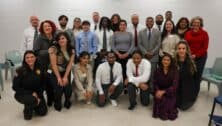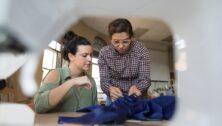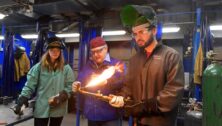PSGV Researcher Receives Grant to Develop Novel Immersive Learning Technologies
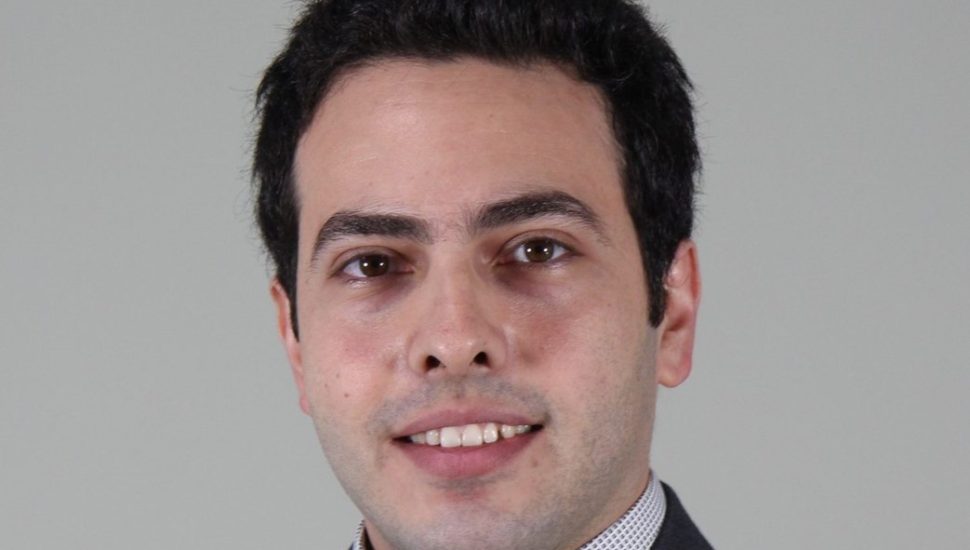
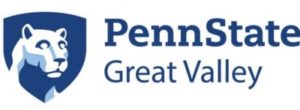 Ashkan Negahban, assistant professor of engineering management at Penn State Great Valley, recently received a three-year, $831,276 grant from the National Science Foundation (NSF) for his research on immersive simulation-based learning (I-SBL).
Ashkan Negahban, assistant professor of engineering management at Penn State Great Valley, recently received a three-year, $831,276 grant from the National Science Foundation (NSF) for his research on immersive simulation-based learning (I-SBL).
“This is an outstanding recognition of the great work Dr. Negahban and co-workers across the Commonwealth Campuses have been doing in this area,” said PSGV Chancellor James Nemes. “This grant also demonstrates the importance of Penn State’s Strategic Plan Grants Program, which was used to seed the ideas carried forward in this award.”
The work, which began as part of the university’s Strategic Plan Seed Grants on transforming education, spans multiple campuses. Omar Ashour, associate professor of industrial engineering at Penn State Behrend, and Sabahattin Gokhan Ozden, assistant professor of IST at Penn State Abington, are the project’s co-principle investigators.
“We are extremely excited about this NSF grant as it allows us to expand the impacts of our project beyond Penn State,” Negahban said. “Our proposed I-SBL approach addresses several scalability issues that commonly used immersive technologies in STEM education generally face — for example, high cost of and limited access to virtual reality equipment or learning spaces designed for immersive experiences. Learners’ access to these resources is especially limited in online education and during periods of distance learning as a result of the current or any future pandemic.”
Negahban, Ashour, and Ozden’s work involves the creation and use of 3D virtual-reality environments in engineering settings that immerse learners in simulation models. The team partnered with Simio, a simulation software company based near Pittsburgh. Using Simio’s products, they plan to generate education modules that are aligned with industry needs and represent real-world situations.
“A one-size-fits all approach to STEM education isn’t enough to prepare students for the ongoing digital transformations taking place in today’s workspaces,” said David T. Sturrock, vice president of products at Simio. “This project will advance conventional problem-based learning approaches while teaching learners the relevant skills that prepare them for a workforce defined by emerging technologies. We’re excited to apply Simio’s digital twin solutions and virtual reality capabilities to support this innovative approach to STEM education, as well as help personalize problem-based learning for both educators and students.”
Click here to read more about the research of Penn State Great Valley professor Ashkan Negahban.
You Might Also Like
2020 VISTA Millennial Superstars: Ashkan Negahban
Pair of Penn State Great Valley Profs Awarded Seed Grants for COVID-19 Research
Penn State Great Valley Students Help Local Entrepreneurs Navigate Pandemic
Join Our Community
Never miss a Delaware County story!
"*" indicates required fields














![95000-1023_ACJ_BannerAd[1]](https://delco.today/wp-content/uploads/sites/3/2023/03/95000-1023_ACJ_BannerAd1.jpg)














